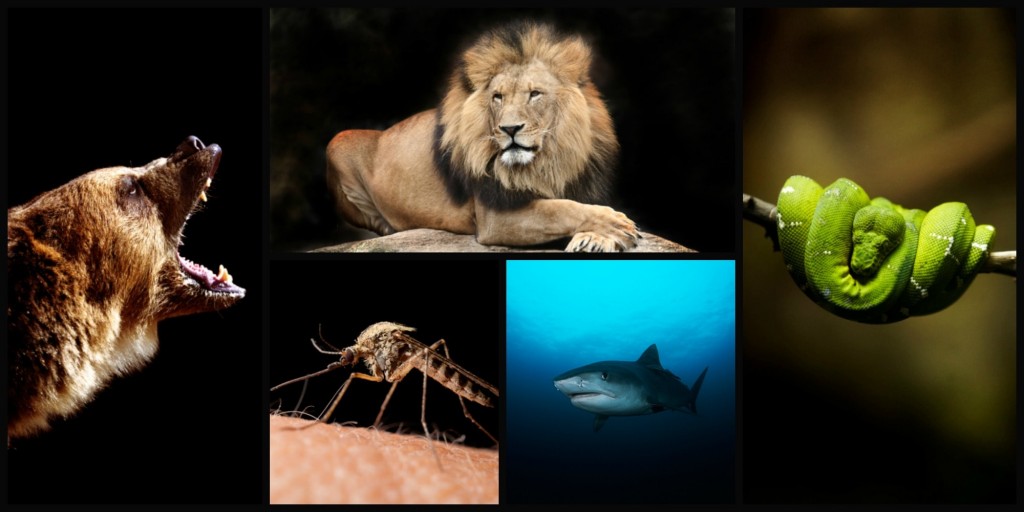Once Bitten, Twice Shy
If you were asked what creature is the most dangerous to humans, what would make your list?
A great white shark? An angry elephant? Or a mother lion defending her cubs?
Think again.

The tiny mosquito has killed more people than all the wars in history combined.
And even today, hundreds of millions of people around the world are infected every year with mosquito-borne illnesses, including the Zika virus, which has been making headlines around the world.
The Zika virus is spread by mosquito bites. The most common symptoms include:
- Fever
- Rash
- Joint pain
- Red eyes
The illness itself is usually mild and generally lasts for less than a week.
Many people don’t even realize they’ve been infected. For pregnant women, however, being infected can have life-altering consequences as the disease has been strongly linked to severe birth defects, particularly microcephaly, which means a baby has a head much smaller than is typical.
Another very small number of people infected with Zika will develop Guillain-Barré syndrome (GBS), which causes nerve damage, muscle weakness and sometimes paralysis.
Health organizations around the world are researching and studying Zika and its links to birth defects and GBS. Currently, very little is known for sure, except that protecting yourself and your family from mosquito bites is the surest way to prevent the lifelong complications associated with Zika.
So far, only travel-related cases of Zika have been reported in Maryland and the disease has mainly stayed in tropical areas, but the CDC says that it is very likely that the illness will spread and that it is difficult to predict where and how quickly that will happen.
Spreading Disease the Mosquito Way
Mosquitoes themselves don’t harbor Zika; instead, they bite an infected person, pick up the virus in its saliva, and pass it on to the next person it bites.
The same species of mosquito, the Aedes species, also spreads chikungunya and dengue fever. They aggressively bite people during the day, but they can also bite at night.
To paint an even more complex picture, we have more than 40 species of mosquito in our area and each one is attracted to a different type of person or animal. And each person reacts differently to being bitten, some who hardly notice the bites and others who develop swollen, itchy welts. This is an allergic reaction to the mosquito’s saliva and different people are more susceptible to this allergy.
How Can You Tell Mosquitoes to Buzz Off?
There is no vaccine for Zika and for healthy adults, no treatment is usually necessary apart from over-the-counter pain medication to deal with the symptoms.
The best course of action is to reduce the risk of being bitten in the first place by wearing bug repellant whenever you’re spending time outdoors, and being especially cautious when traveling to tropical regions where Zika is prevalent.
Another effective way to avoid being bitten by mosquitoes is to have your property treated. Brody Brothers offers a mosquito protection plan, a tick protection plan and a Yard Protection Plan, which protects against both mosquitoes and ticks.
We follow CDC recommendations and use a two-pronged attack against mosquitoes: source reduction, where we eliminate all potential mosquito breeding areas and larvae, and pesticide application, which kills existing mosquitoes.
Source reduction doesn’t just start with eliminating puddles or large, noticeable bodies of water; just a capful of water can attract hundreds of mosquitoes in less than a week, so it’s best to call in the experts who know how to find even hard-to-spot mosquito breeding zones.
Don’t leave your family’s health to chance. Contact us now to sign up for our mosquito reduction service this spring and get protected before the first bug bite of the season.

